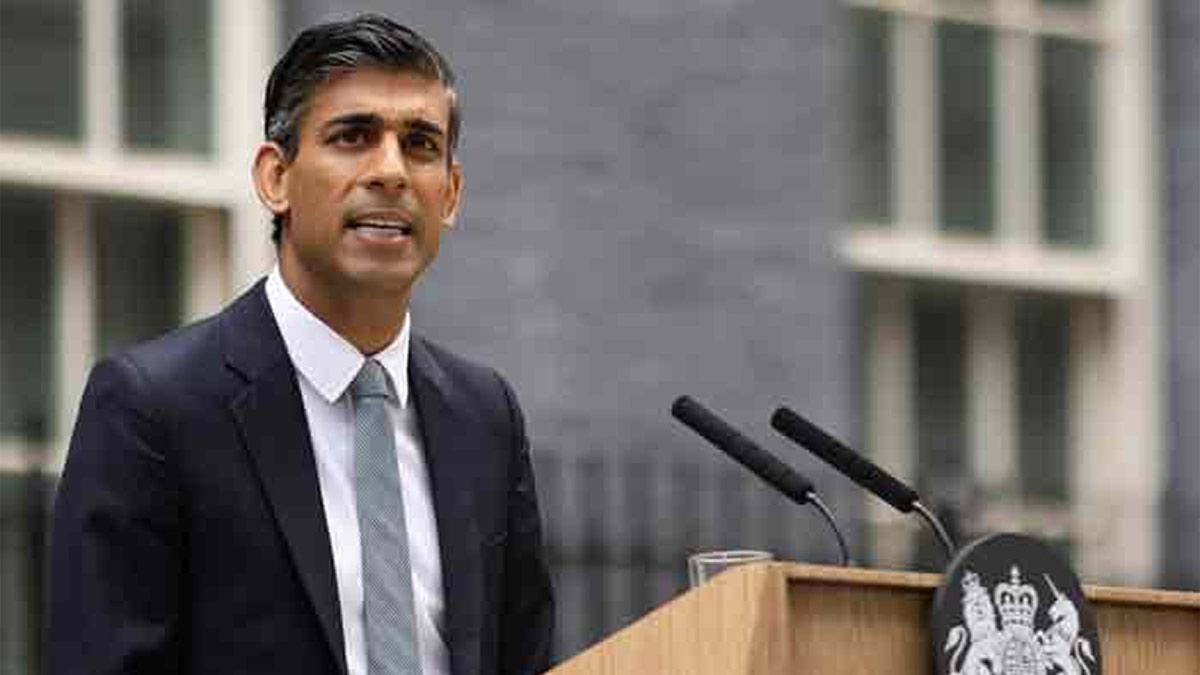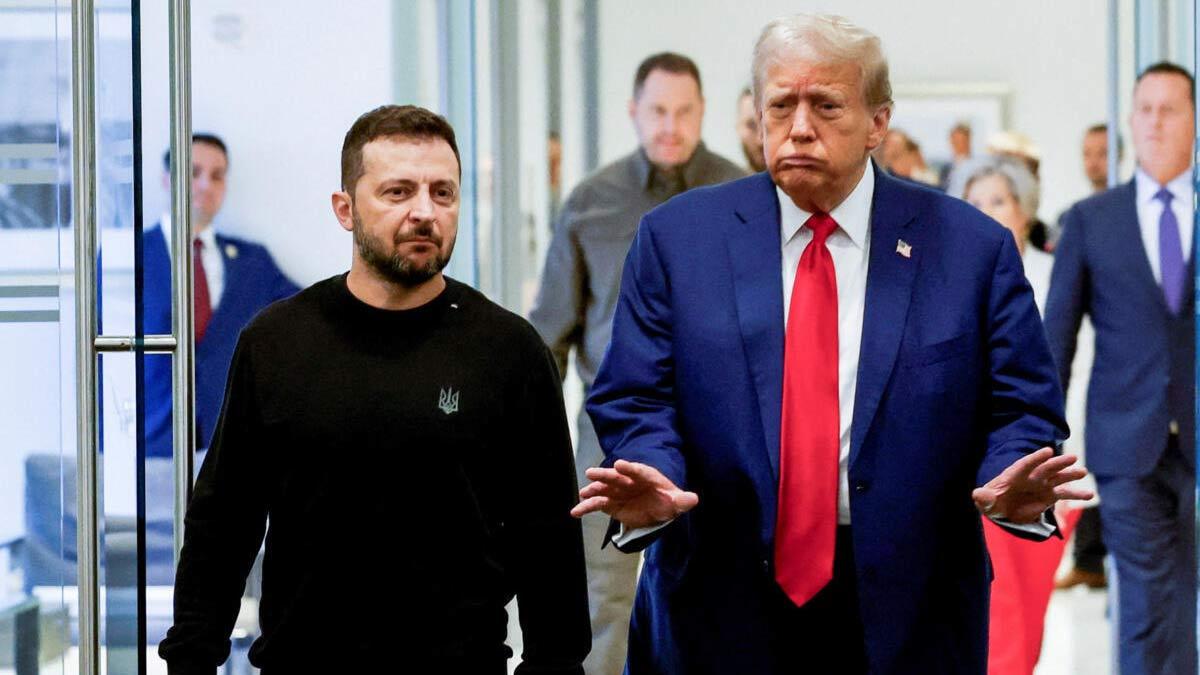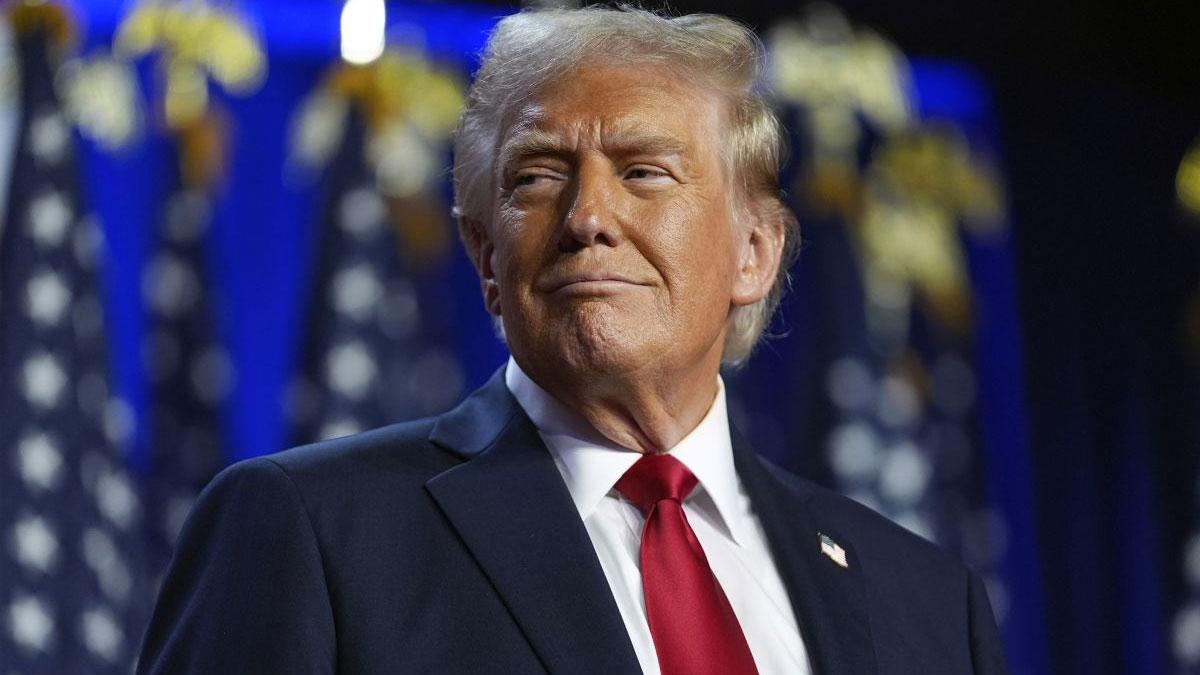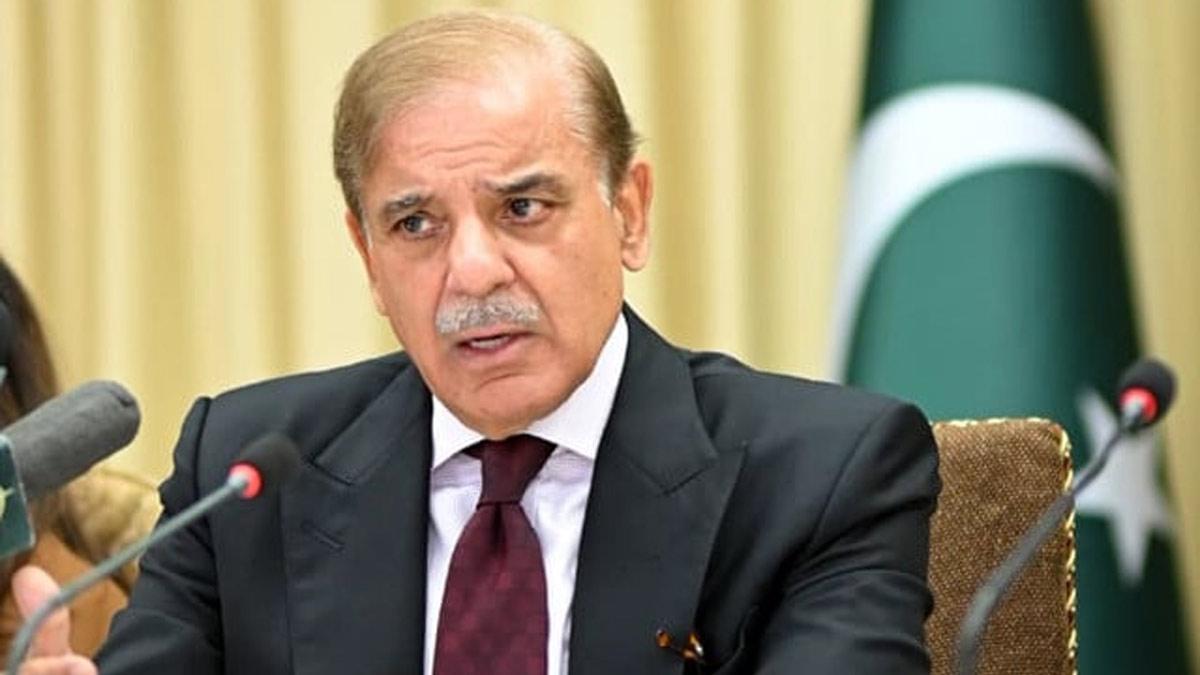Past British Prime Minister Rishi Sunak firmly condemned the lethal terror attack in Pahalgam of Jammu and Kashmir as "barbaric attack" on innocent people such as newly married couples and young children who were only seeking to be happy.
Depicting profound sympathy, Sunak reaffirmed the UK's solidarity with India in this moment of sorrow and grief. "Britain stands with India at this moment of sorrow and grief," he declared, assuring, "Terror will never win."
In a statement on social media outlet X, he posted, "The horrific assault in Pahalgam has taken the lives of newlywed couples, kids, and families simply trying to have fun. Our hearts weep for them. To all who are grieving – know the UK stands by your side in grief and sympathy. Terror can never triumph. We mourn alongside India."
Global outrage was forthcomining with Peruvian Foreign Affairs also expressing its outrage against the attack. Posting on X, the ministry stated: "Peru condemns in the strongest possible terms the terrorist attack that took place yesterday in the town of Pahalgam, Jammu and Kashmir, which resulted in the death of 26 individuals. It also conveys its deepest condolences to the families of the victims." The ministry also called on the international community to redouble its efforts against terrorism and reaffirmed solidarity with the government of India.
Swedish politician Margareta Cederfelt, in the name of the Swedish-Indian Parliamentary Friendship Group, also condemned the act. "We are shocked and strongly condemn the brutal #TerroristAttack in Pahalgam, Jammu and Kashmir. There can be no justification for such atrocities," she tweeted on X. "We offer our condolences to the families of the victims #India."
In rebuttal to the April 22 attack that killed 25 Indian nationals and one Nepali citizen and injured many more, India has launched a series of confrontational diplomatic measures, blaming Pakistan for what it accuses is state-sponsored terrorism.
Prime Minister Narendra Modi presided over a Cabinet Committee on Security (CCS) meeting in the evening to consider the larger ramifications of the attack. The CCS strongly condemned the savage killings, offered condolences to the families of the victims, and hoped for the early recovery of those injured. Officials blamed Pakistan-sponsored terror groups for the violence.
There has been universal international condemnation, with countries rallying around India and reaffirming a collective position against terrorism.
CCS emphasized that the attack occurred in the course of a calm election season and rapid developmental advancement in Jammu and Kashmir—moves that, according to Indian leaders, are perceived as a danger by individuals striving to disallow stability within the area.
Having made resolute moves, the Indian government put forward the following:
Suspension of Indus Waters Treaty – India has temporarily suspended its obligation under the 1960 Indus Waters Treaty, an old agreement with Pakistan on water-sharing. The treaty will stay dormant until Pakistan provides tangible, irreversible measures to destroy cross-border terror networks.
Closure of Attari Border Checkpoint – With immediate effect, India has closed down the Integrated Check Post (ICP) at Attari, which is a key land border with Pakistan. Pakistani nationals already present in India on valid permits will be permitted to leave by May 1, 2025. After the deadline, all land travel between the two countries will be brought to a standstill.
Cancellation of SAARC Visa Exemption for Pakistan – Indian government has cancelled the SAARC Visa Exemption Scheme for Pakistani citizens. All visas granted under this scheme have been cancelled, and those already in India on SVES provisions are required to leave within 48 hours.
Diplomatic Expulsions – In a daring move, India has declared Pakistan's military, naval, and air attachés posted at New Delhi as Persona Non Grata, with their need to leave within seven days. At the same time, India will also withdraw corresponding defence personnel and their attendant supporting staff from its High Commission in Islamabad.
Diplomatic Downsizing – Indian and Pakistani missions will both experience a drastic reduction in personnel to 30 officials from the existing 55. Diplomatic downsizing will be undertaken by May 1, 2025.
Security personnel nationwide have been directed to increase their levels of alertness. The government of India reaffirmed its assurance to pursue to justice the perpetrators of the Pahalgam tragedy and gave recent events like the extradition of Tahawwur Rana as examples of its ongoing pursuit of justice for terror victims.
These measures constitute a dramatic turn in India's diplomatic approach, with the intent to isolate Pakistan internationally until it cuts its connections with extremist elements. The New Delhi message is clear: India will not abide terrorism or sponsors of terrorism.
Read also| PM Modi Co-Chairs Strategic Council with Saudi Crown Prince Before Returning to India
Read also| Global Leaders Condemn Pahalgam Terror Attack, Express Solidarity with India


















